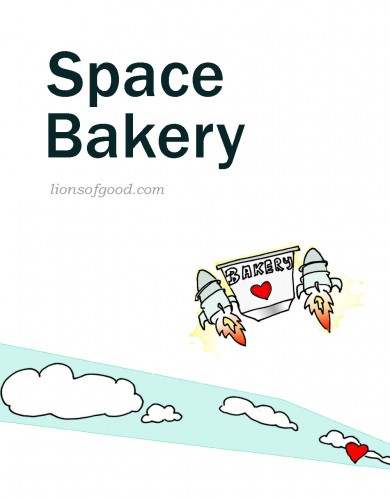Have you seen this video? (turn your speakers up)
The name of the singer in the video with the gentle ukulele and hauntingly beautiful voice is Israel “IZ” Kamakawiwoʻole. He passed away at the age of 38 in 1997. He died in the middle of the night from respiratory failure due to his morbid obesity (he topped 750 lbs at one point, which is equivalent to carrying a piano on you all the time). The Hawaii state flag flew at half-staff to mourn his death. 10,000 people attended his funeral.
What’s the point of this video? To show you how difficult it is to change behavior. Despite his generous heart, his appreciation for life and his love for his wife and daughter, Iz could not save himself — he left his wife a widow and his daughter fatherless. He didn’t want to die… but even all that wasn’t enough.
Even the love of a father and husband may not be enough to change someone’s habits or lifestyle.
It’s tragic, and you have probably seen this before. People trying (and failing) to quit smoking or drinking. You hear people say in relationships: “I can change him”, or “I can fix him”, or people trapped in abusive relationships who say, “But I love him”, or “He’s a good person deep inside.”
Behavior is hard to change, even when there is clear an imminent danger to health and life.
Even the rich and famous aren’t safe. Tina Turner needed reconstructive surgery to her nose due to frequent beatings from her former husband Ike Turner. It was only after years of abuse and an unsuccessful suicide attempt, that Tina finally left Ike in 1975 with nothing but 36 cents and a petrol card.
It is difficult to change behavior. The reasons why are various and complex. What’s important to note is that it is hard.
It is uneconomical and inefficient to make a business out of changing minds or behaviors. No — you can’t help those who don’t want help.
So don’t persuade; don’t convert. Don’t try to change minds or behaviors. Some people want to buy, some people don’t. Some people like you, some people don’t. Some people want to help themselves, some people don’t. Some people want to believe, and some people don’t.
Instead of trying to squeeze blood from a stone or to get an atheist come to church, shift the focus from the outdated mindset of persuasion… to precise selection —
Find the people who have already made up their minds in your favor. Find people who already want to believe. Find those who are already hungry.
(If you can’t find such people, you have more serious problems.)
Instead of creating desire, intensify existing desires.
By selecting the people most likely to want what you offer, the problem shifts from converting them, to simply educating them and assisting them with their decision, and helping them choose who they want to do business with.



Add your comment: